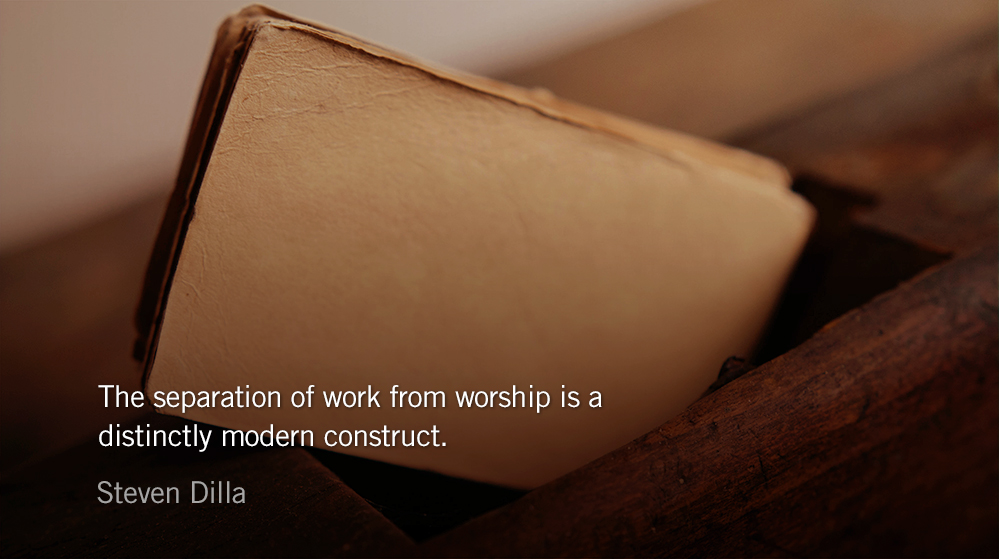Make a joyful noise to the Lord, all the earth! Serve the Lord with gladness! — Psalm 100.1-2
The rabbis speak of “right intentions”: yetzer ha-tov (the good inclination) vs yetzer ha-ra (the evil inclination). It is possible to serve the Lord out of joy and it is possible to serve him out of duty. On the outside, acts of service appear the same: “but the Lord looks at the heart.”
This could be the difference between God’s acceptance of Abel’s sacrifice and rejection of Cain’s. One brother sacrificed with joy, the other out of duty, and some commentators note that God accepted the sacrifice that was given in joy—or, in this case, love—and rejected the one given from obligation—void of relationship and the joy that comes from it.
Likewise this is how the rich young ruler could obey every observable letter of the law and still walk away from Christ. No one objected when the young man said he obeyed the law—on the outside he looked righteous. Yet, the rhythms of relationship with God were foreign to him.
Christianity doesn’t offer religion as the solution for irreligion. The scriptures identify our core problem as a lack of relationship. We do not know God, we don’t understand ourselves, and we are distanced from others; even our relationship with the planet and its climate are deeply fractured. You can’t solve for lack of relationship through performance—religious or otherwise.
The joyful intimacy the Psalms display is a direct result of worship. Psalm 100 is the closing Psalm in a series (starting at Psalm 93) that renders praise to God because he is sufficiently worthy of all praise, affection, and hope. The first three verses of the Psalm focus on the spiritual act of service, the last two verses draw our attention to worship.
The separation of work from worship is a distinctly modern construct. The faithful have always viewed their work as worship—and been acutely aware that true worship requires labor. Work can thus be seen as our vocation and the labor of focus required for intimacy.
The pride and brokenness that mar our world are the result of worshipping unworthy objects—worship without focus. We bow before our own pride and chase after false gods to find fulfillment.
We are created anew each time we place ourselves before the creator and sustainer of this world. We rejoice in God not as our duty, but as our joy. In the words of the Psalmist, “For the Lord is good; his steadfast love endures forever, and his faithfulness to all generations.”
Today’s Reading
Ezekiel 45 (Listen – 4:50)
Psalms 99-101 (Listen – 2:48)






